Keywords: Australian History
-
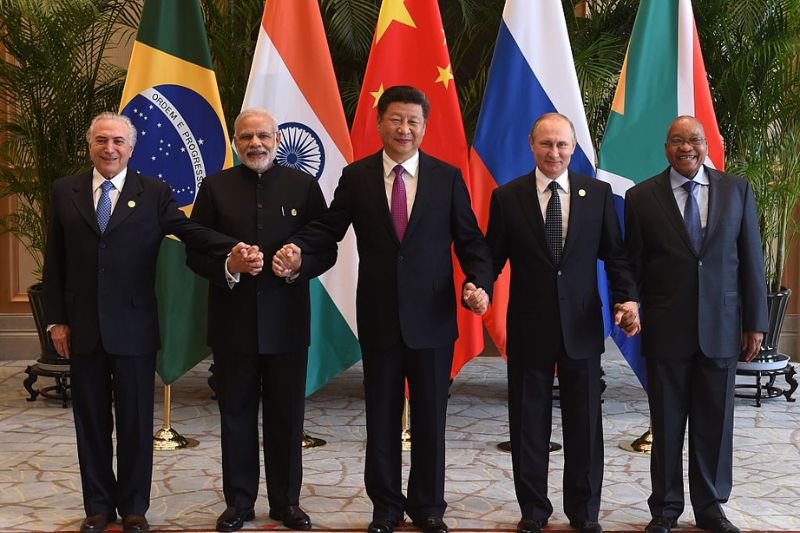
INTERNATIONAL
- David James
- 13 December 2023
1 Comment
As the world thawed post-Cold War, a debate raged over global supremacy, with Western powers predicting a unipolar world dominated by liberal democracy. Contrarily, others envisioned a future shaped by cultural and religious divides. In a shifting geopolitical landscape, the echoes of this debate continue to challenge long-held assumptions on global power dynamics.
READ MORE
-
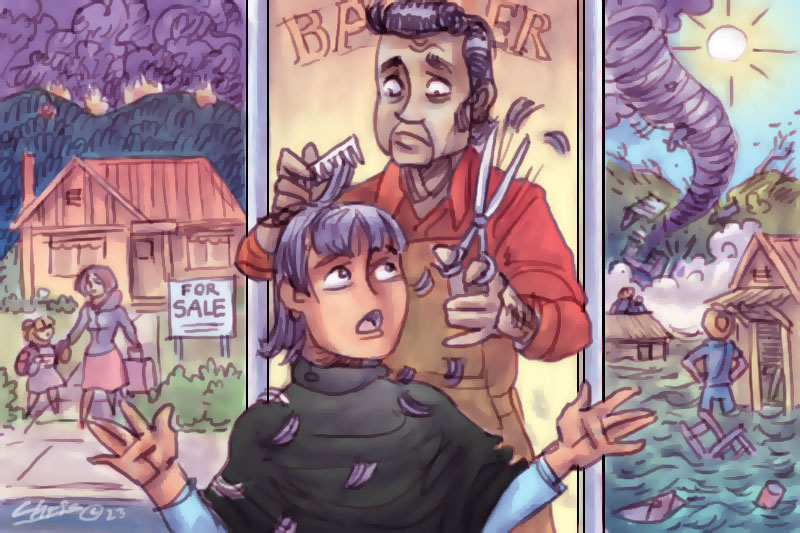
ENVIRONMENT
- Anthony N Castle
- 28 November 2023
1 Comment
There is an economic case for acting on the climate crisis but the economics can be a distraction unless we start the conversation at the right place: the environment. A heating climate will cost us trillions. If we don’t act at all, it will cost us everything.
READ MORE
-
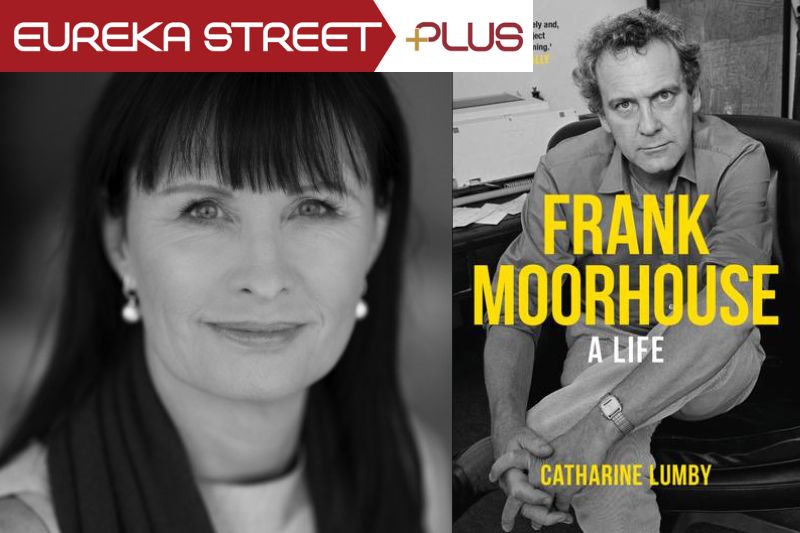
ARTS AND CULTURE
- Barry Gittins
- 24 November 2023
Catharine Lumby was a friend and beneficiary of Moorhouse’s mentoring and advice, and before his death, was approached by him to write a warts-and-all uncensored biography. In Frank Moorhouse: A Life, Lumby explores the life of this man of letters in all of its colour and contradiction.
READ MORE 
-

AUSTRALIA
- Barry Gittins
- 16 November 2023
6 Comments
How should our nation reckon with its colonial history and its lasting impact on contemporary society? From the stark realities of early settlement to the enduring legacies of injustice towards Indigenous peoples, this piece explores what it means for a country to grapple with its identity amidst a backdrop of change.
READ MORE
-
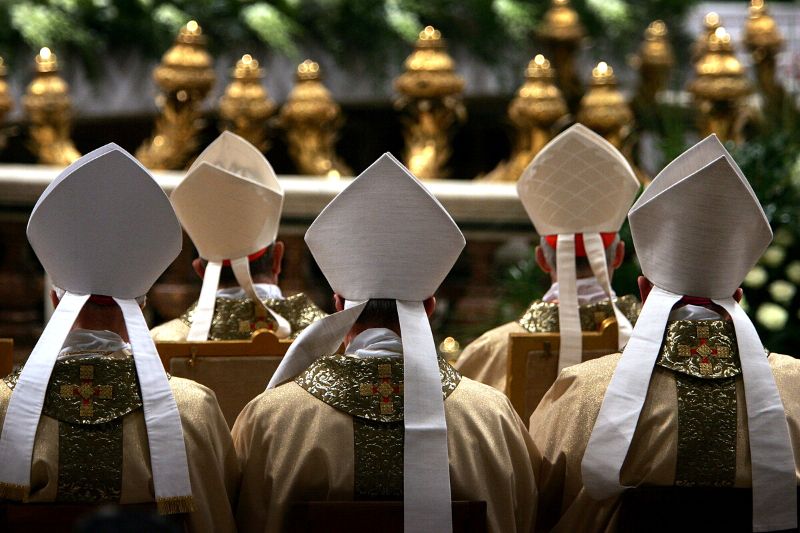
RELIGION
- Bill Uren
- 16 November 2023
7 Comments
Just two days before the opening of the recently concluded Synod on Synodality, five senior Cardinals — German Cardinal Walter Brandmüller, United States Cardinal Raymond Burke, Guinean Cardinal Robert Sarah, Hong Kong Cardinal Joseph Zen and Mexican Cardinal Juan Sandoval Ìñiguez — brought to public notice the five ‘Dubia’ (Doubts).
READ MORE
-

AUSTRALIA
- Ulrike Marwitz
- 02 November 2023
2 Comments
If we care about the welfare of those most impacted by domestic violence, predominantly women and children, we must ask ourselves: why are we failing to make headway on this issue, and what should we be doing differently? (From 2022)
READ MORE
-
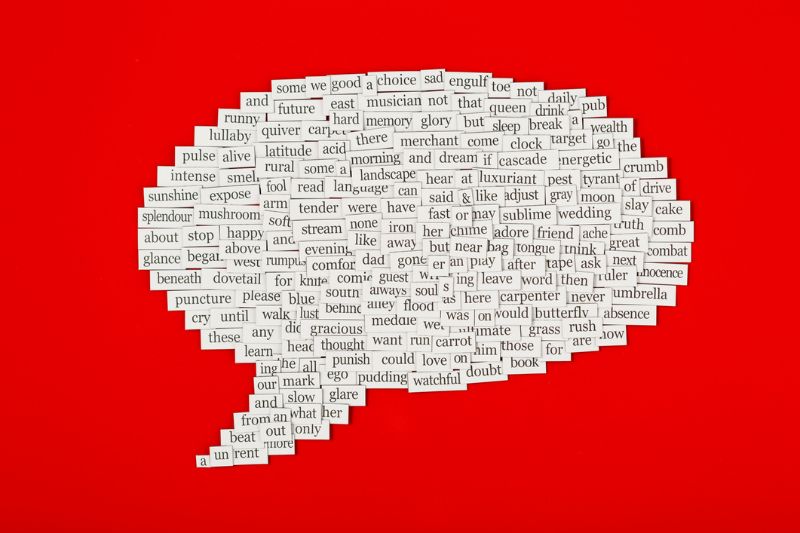
AUSTRALIA
- Gillian Bouras
- 25 October 2023
11 Comments
In a world where every politician has something to say, only a select few wield their words well. As we grapple with the failure of the recent Voice referendum, it's worth drawing from these leaders and questioning what truly guides political decisions - morality or self-interest?
READ MORE
-
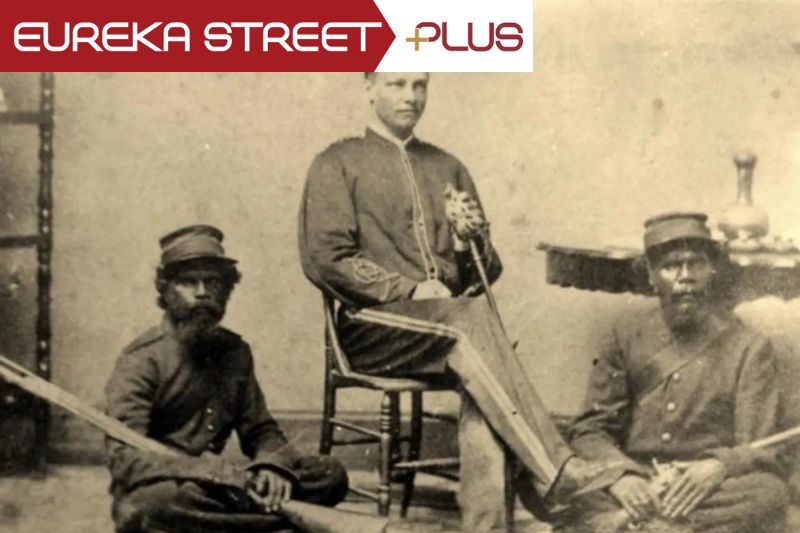
ARTS AND CULTURE
- Peter Craven
- 20 October 2023
3 Comments
In Killing for Country, David Marr confronts Australia's dark colonial past, revealing unsettling truths about the Australian Native Police's brutal acts. Published during the Voice referendum, Marr intertwines personal ancestry with national guilt, urging Australians towards truth-telling and reconciliation. This isn't just history; it's a call for atonement.
READ MORE 
-
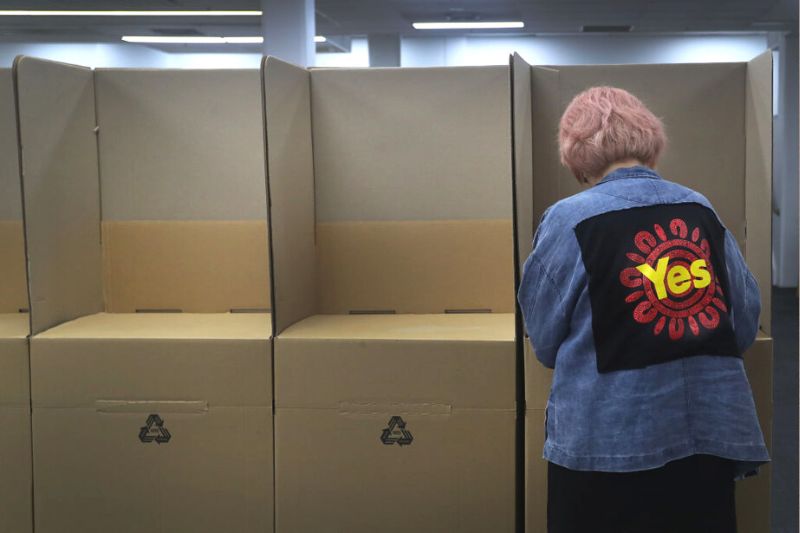
AUSTRALIA
- Joel Hodge
- 19 October 2023
44 Comments
The Australian Indigenous Voice referendum has been rejected, as anticipated by many, with the meaning and consequences now up for debate. This debate may be as crucial as the referendum debate itself to determining the future of reconciliation and what it means to be Australian in the 21st century.
READ MORE
-
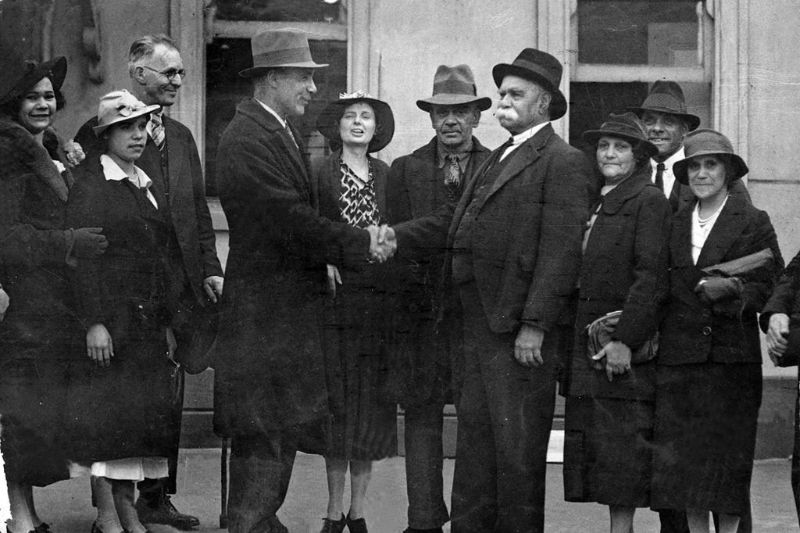
AUSTRALIA
- David Halliday
- 13 October 2023
This vote will be remembered as an opportunity for Australians to grapple with the injustices of history, and imagine a more just way forward. My hope is that each person voting will have done just that – and whether they vote ‘yes’ or ‘no’, that they are making their vote bearing in mind what they think will best reconcile our nation’s past and look forward to a more just future.
READ MORE
-
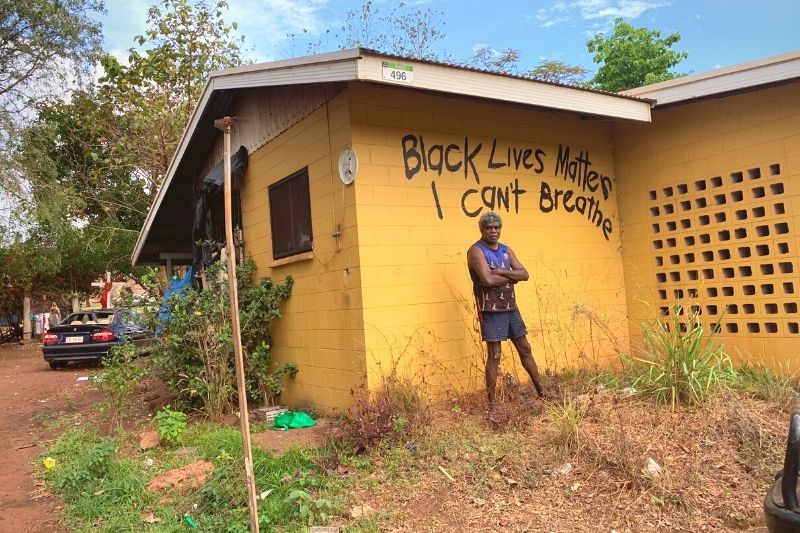
AUSTRALIA
- Brian McCoy
- 04 October 2023
6 Comments
The looming referendum challenges us to confront our shared history and consider a united path forward. Amidst the deep-rooted pain and the quest for truth, reconciliation and healing, can this vote be the turning point that signals a brighter, more inclusive future for all?
READ MORE
-

AUSTRALIA
- Michele Gierck
- 22 September 2023
Can genuine dialogue influence societal change? In discussion with Professor Joe Camilleri, Michele Gierck explores initiatives to achieve productive public discourse, and the transformative power of conversation as our most effective catalyst for global change.
READ MORE 